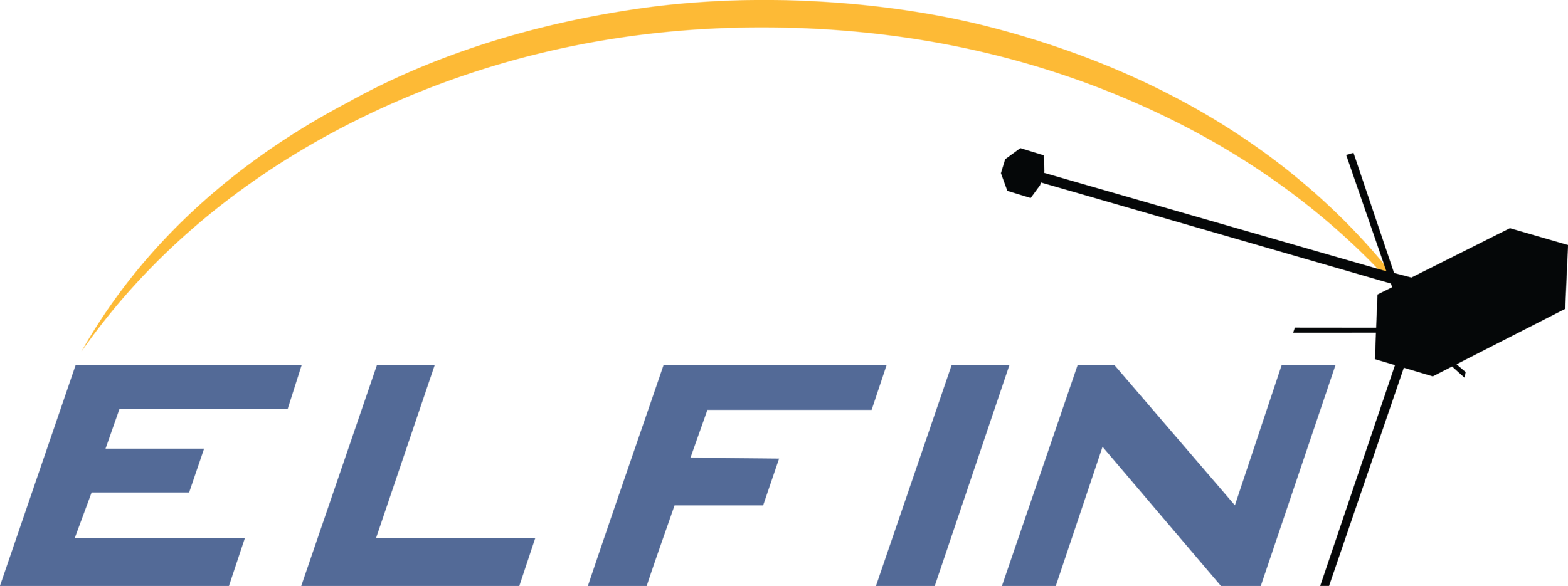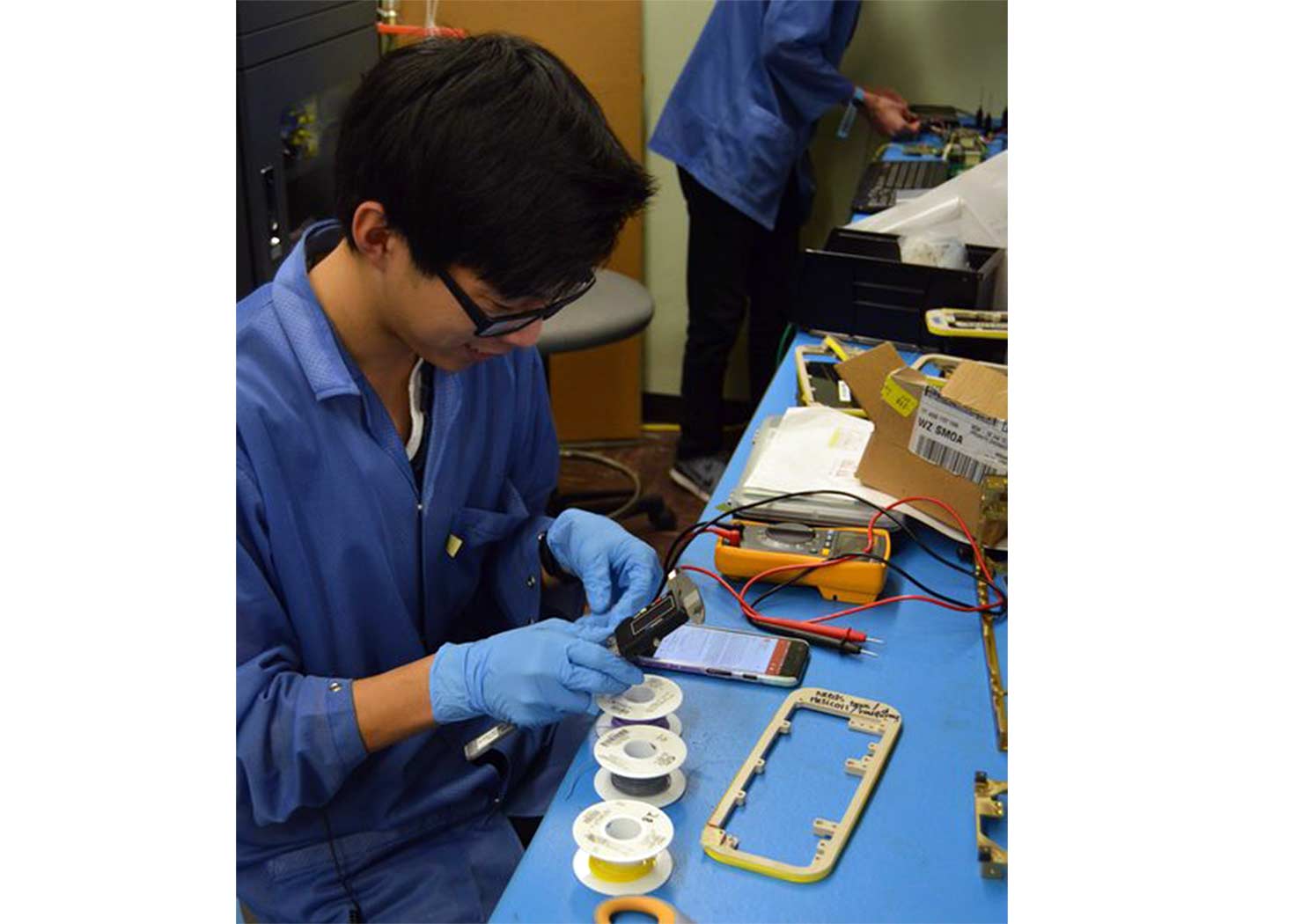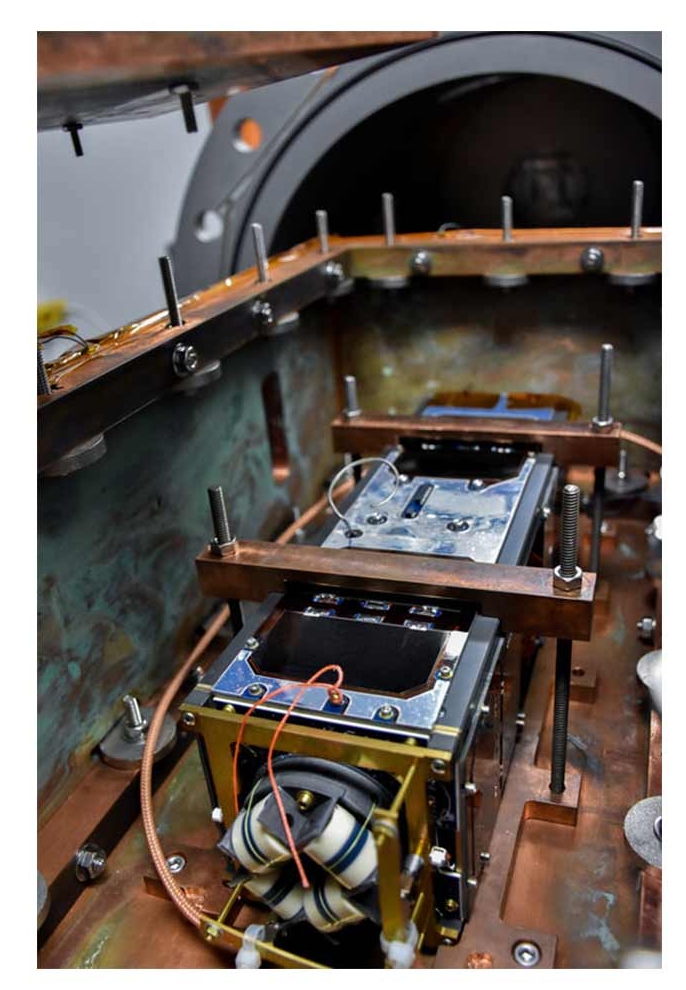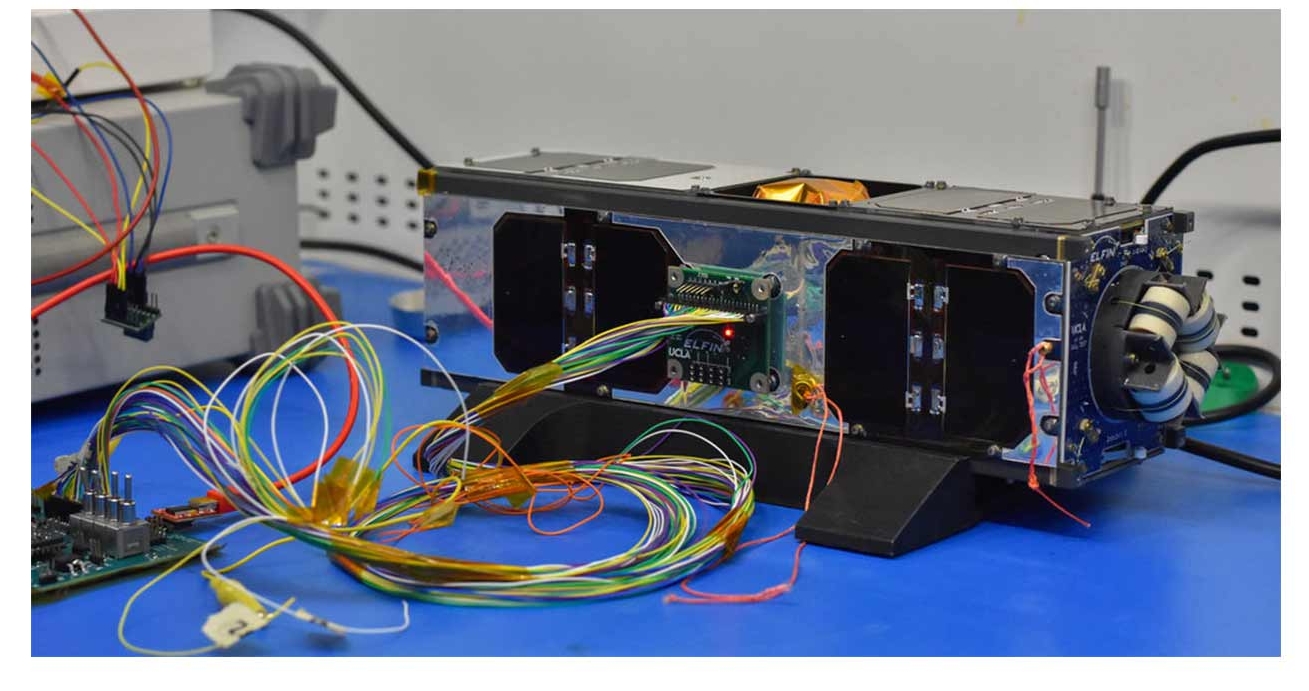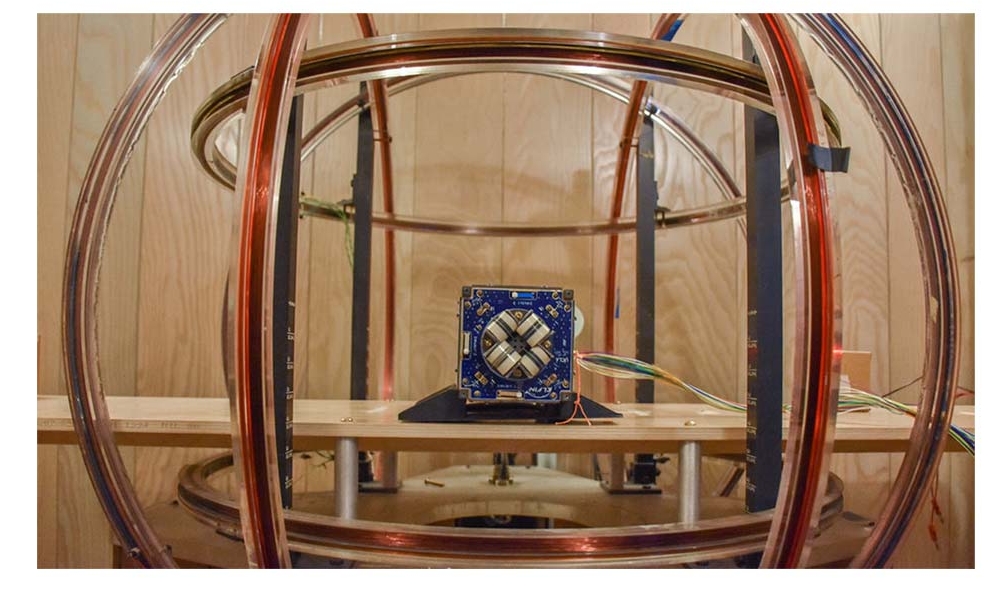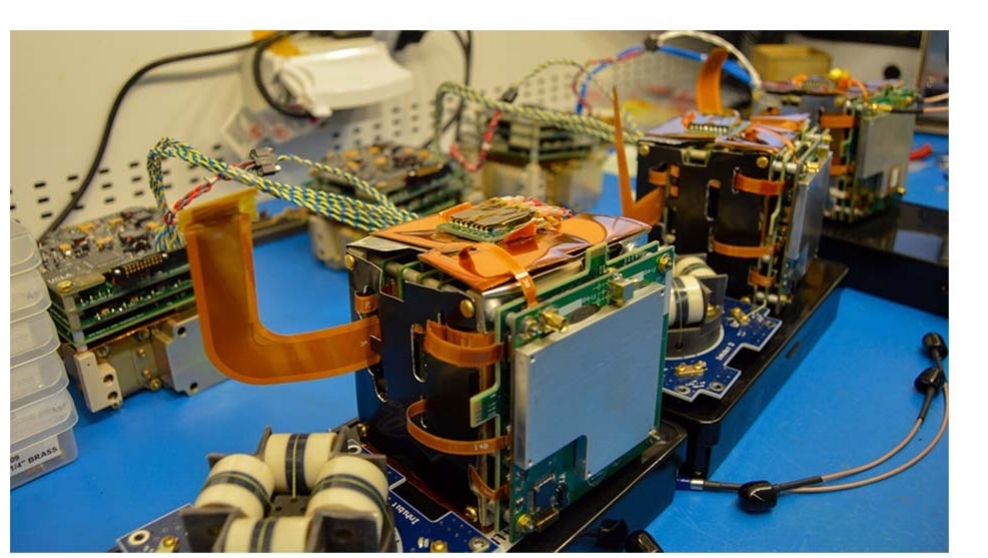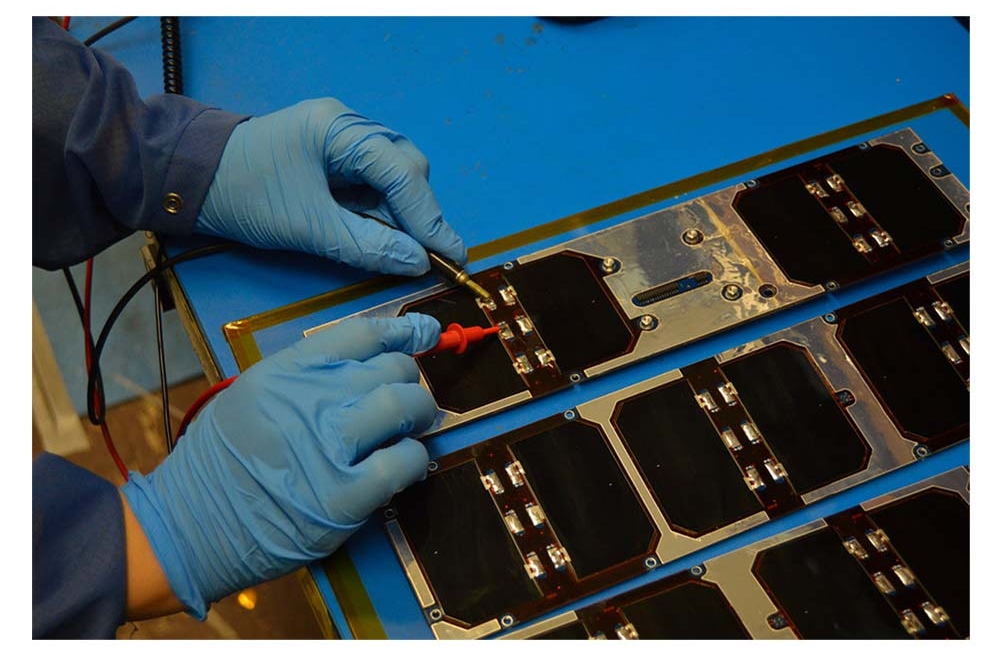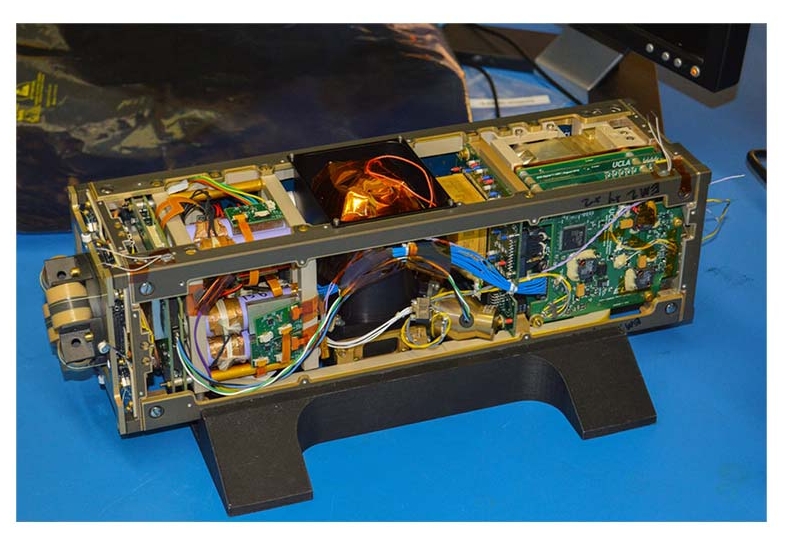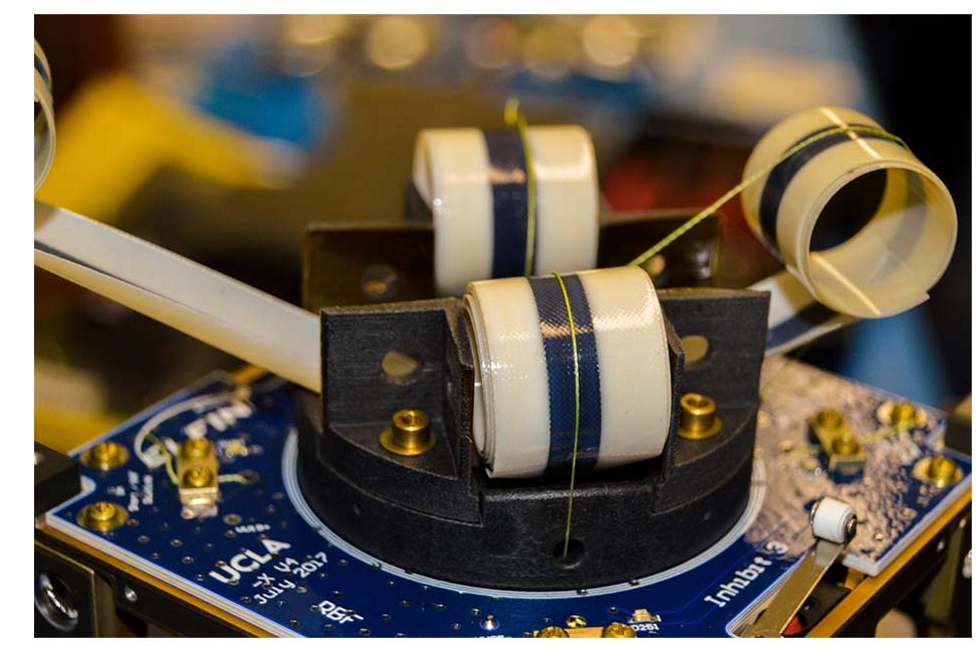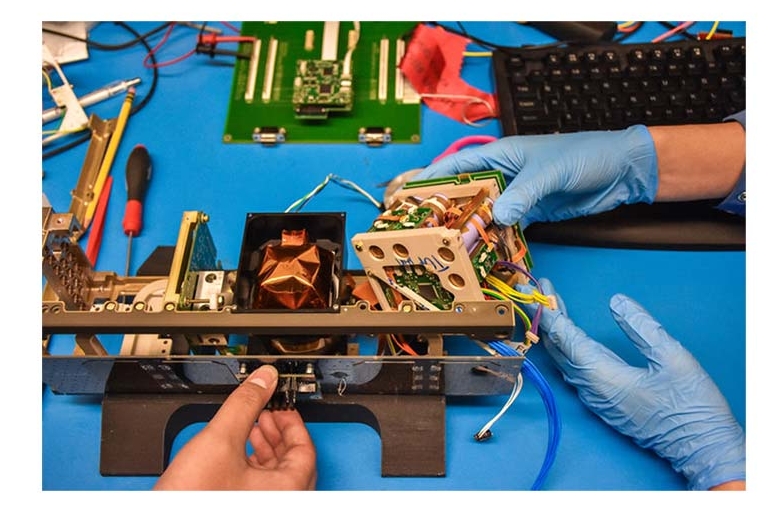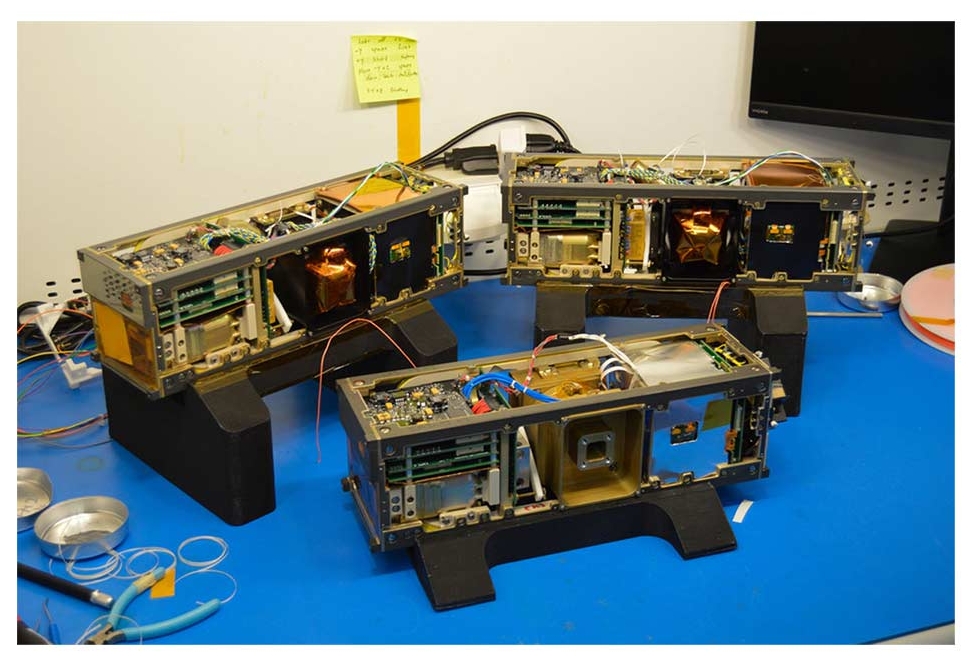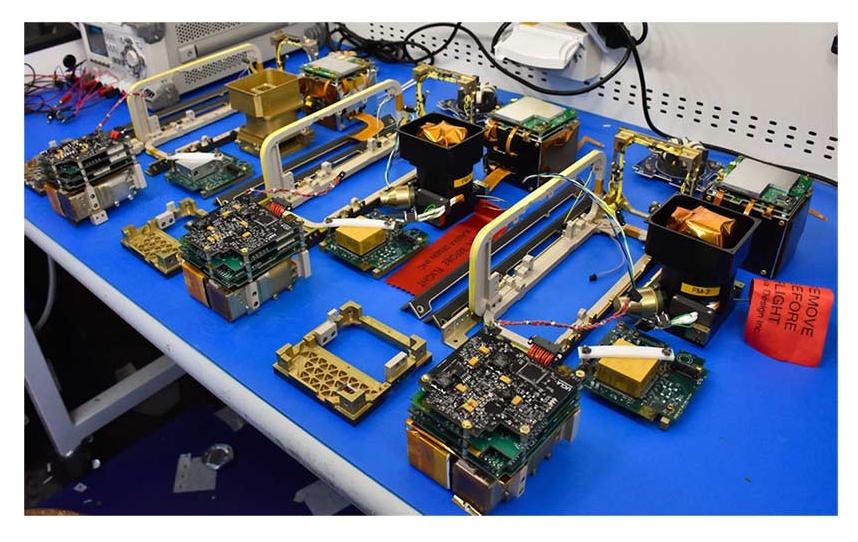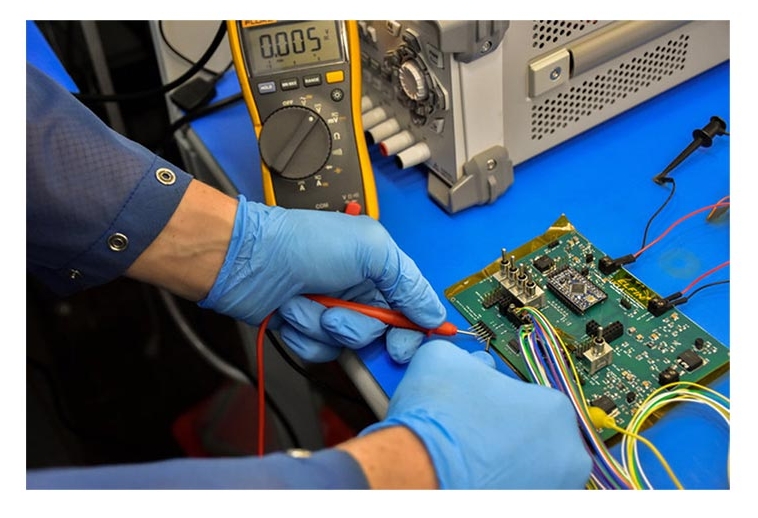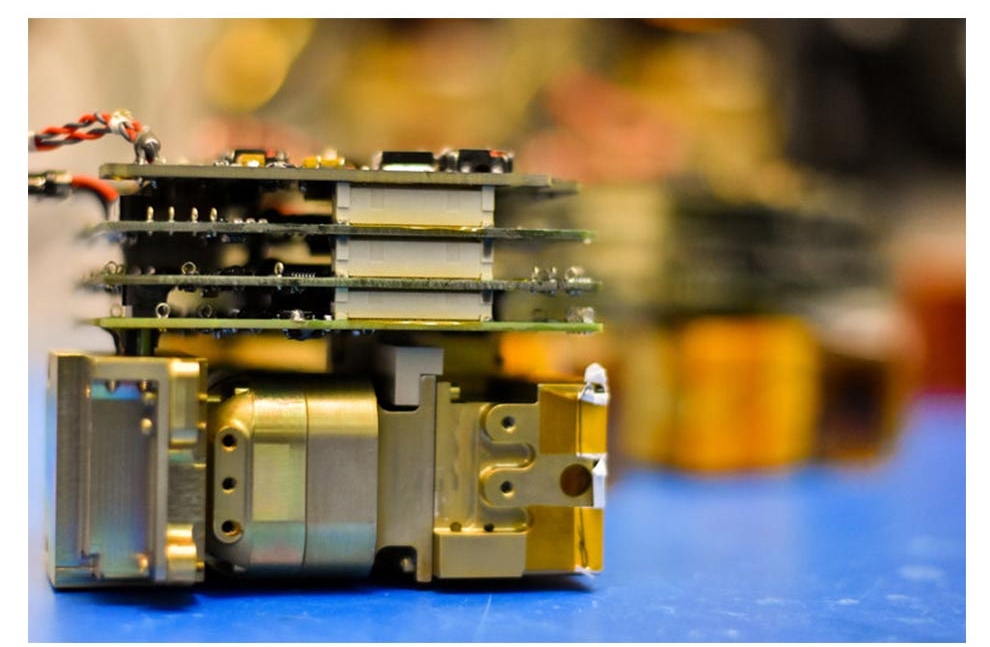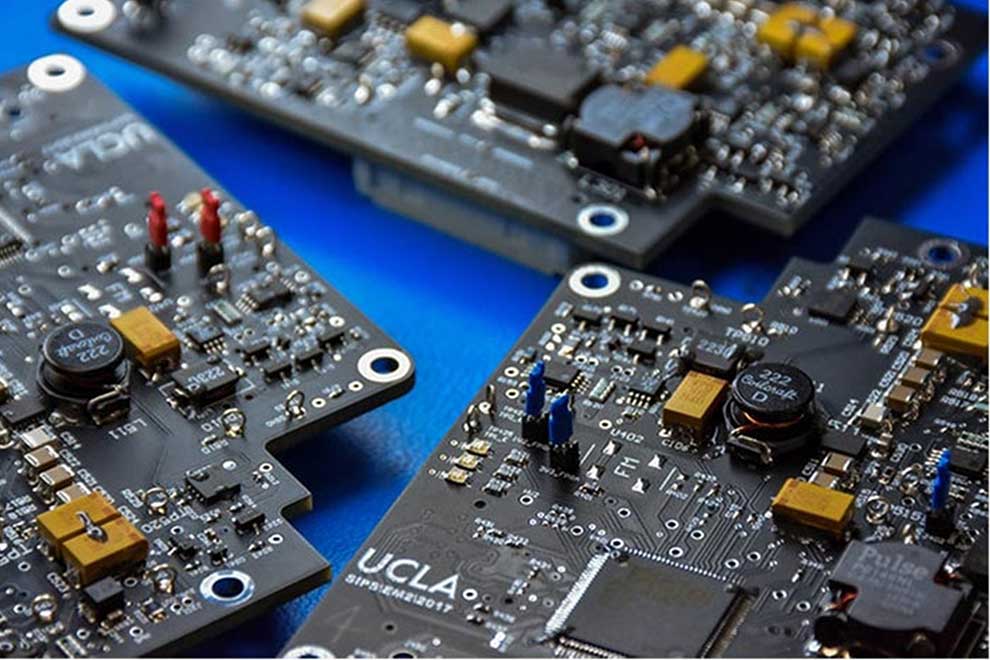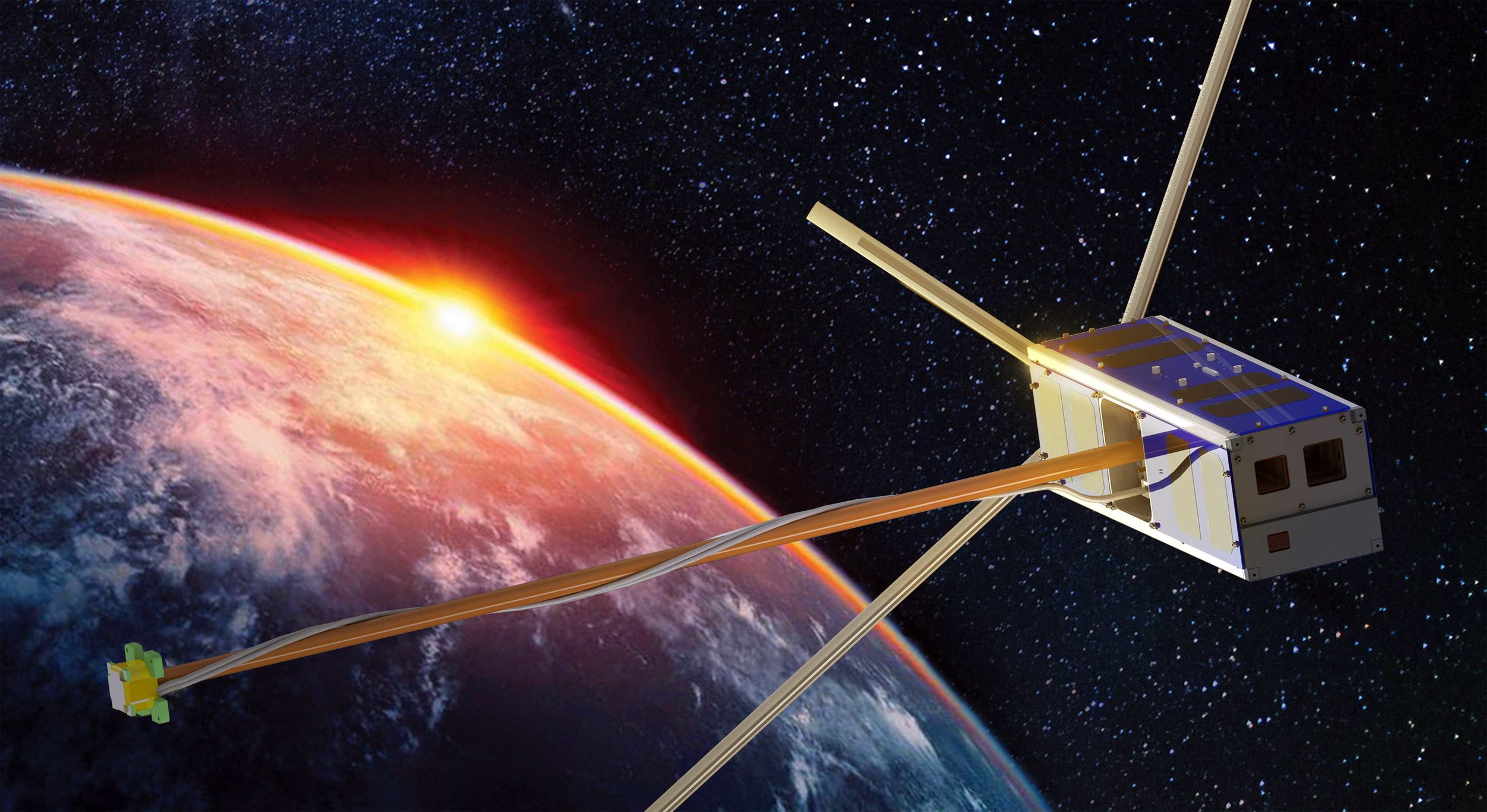
Launched on 9/15/18, ELFIN was successful and active for just over 4 years. ELFIN A deorbited on 9/17/22. ELFIN B followed shortly thereafter on 9/30/22. Goodbye ELFIN!
>Read about the end of the ELFIN era (UCLA press release).
>Read about how ELFIN student operators enabled the incredible science return from ELFIN in the Advances in Space Research Journal.
>Read about one of ELFIN’s High Impact Publications in Nature Communications, also featured in a NASA Blog Post and UCLA Press Release.
>See more ELFIN publications here!
LATEST NEWS:
10/20/25: Congratulations to Tanaka et al., whose ELFIN publication “Effects of geomagnetic mirror force and pitch angles of precipitating electrons on ionization of the polar upper atmosphere” was selected as an “Editor’s Choice” in the journal Annales Geophysicae!
A Student-Led Mission
UCLA students are working on all subsystems, including Attitude Determination and Control, Communication, Command and Data Handling, Flight Software, Payload, Power, and Structures. The majority of the final spacecraft will be constructed in-house by UCLA students, with avionics and bus programming by UCLA students and structure fabrication in an in-house machine shop.

UCLA's First End to End Satellite Mission
Instruments
ELFIN’s primary payload consists of a fluxgate magnetometer and two energetic particle detectors. These instruments are being developed in-house by UCLA staff members in the Earth, Planetary and Space Sciences department.
Command and Data Handling
The Command and Data Handling (C&DH) subsystem is responsible for processing commands, collecting data, and monitoring the satellite. C&DH is composed of the Flight Computer, the Watchdog, and ADCS Main PIC, and the Power PIC.
Thermal
Spacecraft in Low Earth Orbit (LEO) operate in an environment that produces temperature extremes from as low as -60 ºC to as high as 60 ºC. At these extremes, critical spacecraft components such as batteries and avionics boards cease to function. The job of the thermal team is to predict how ELFIN’s components will thermally respond to the flight environment and to develop methods for preventing the spacecraft from exceeding temperature restrictions.
Attitude Determination and Control
The ELFIN ADCS (Attitude Determination and Control Subsystem) is responsible for designing, testing, and implementing the mechanisms which precisely acquire and control ELFIN’s attitude (i.e. orientation and spin vectors) in orbit.
Looking to join the ELFIN team?
This is an incredible opportunity to work on an industry level project with university level mentorship. We invite you to check out our website before applying to learn more about the project.
